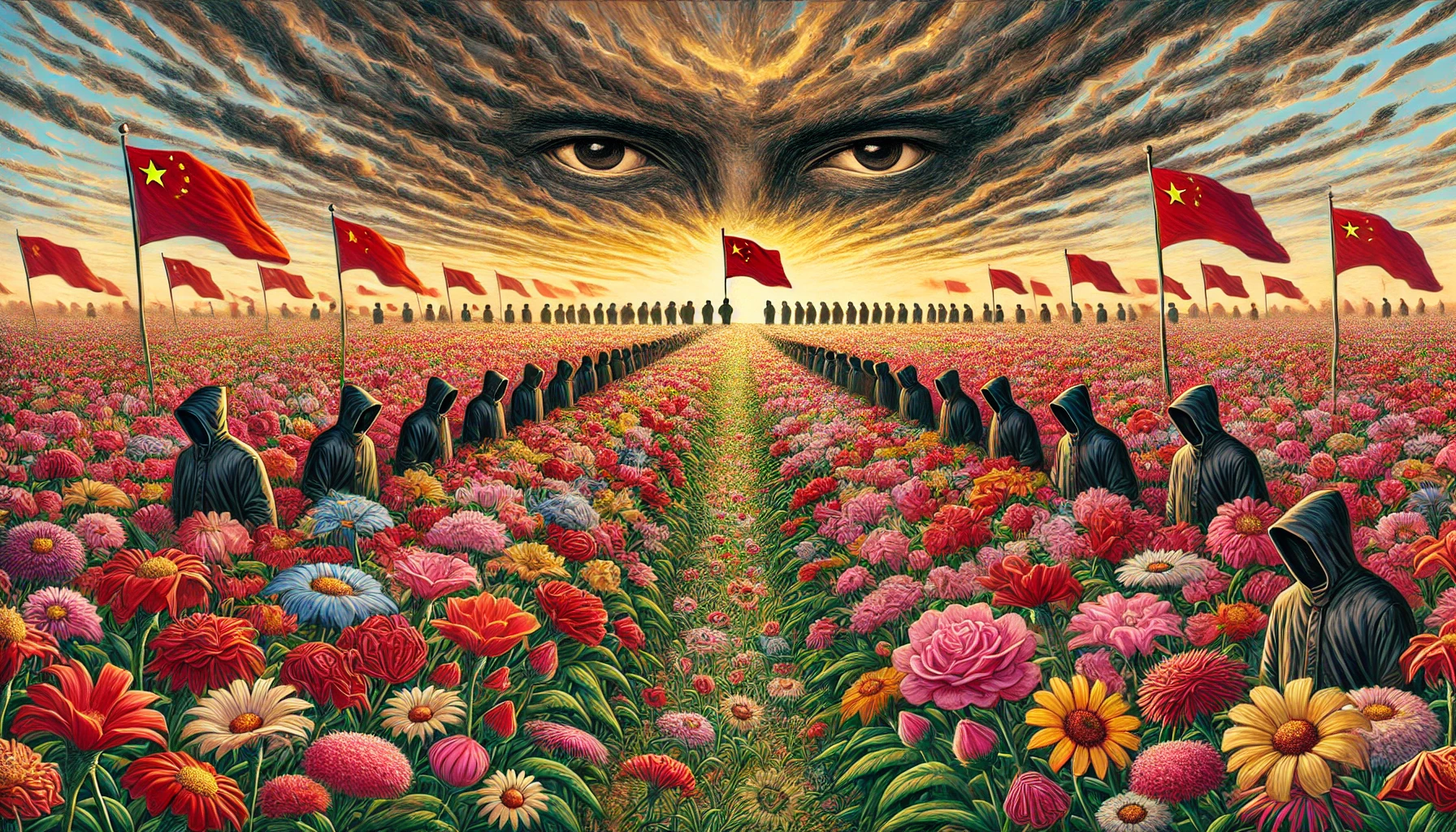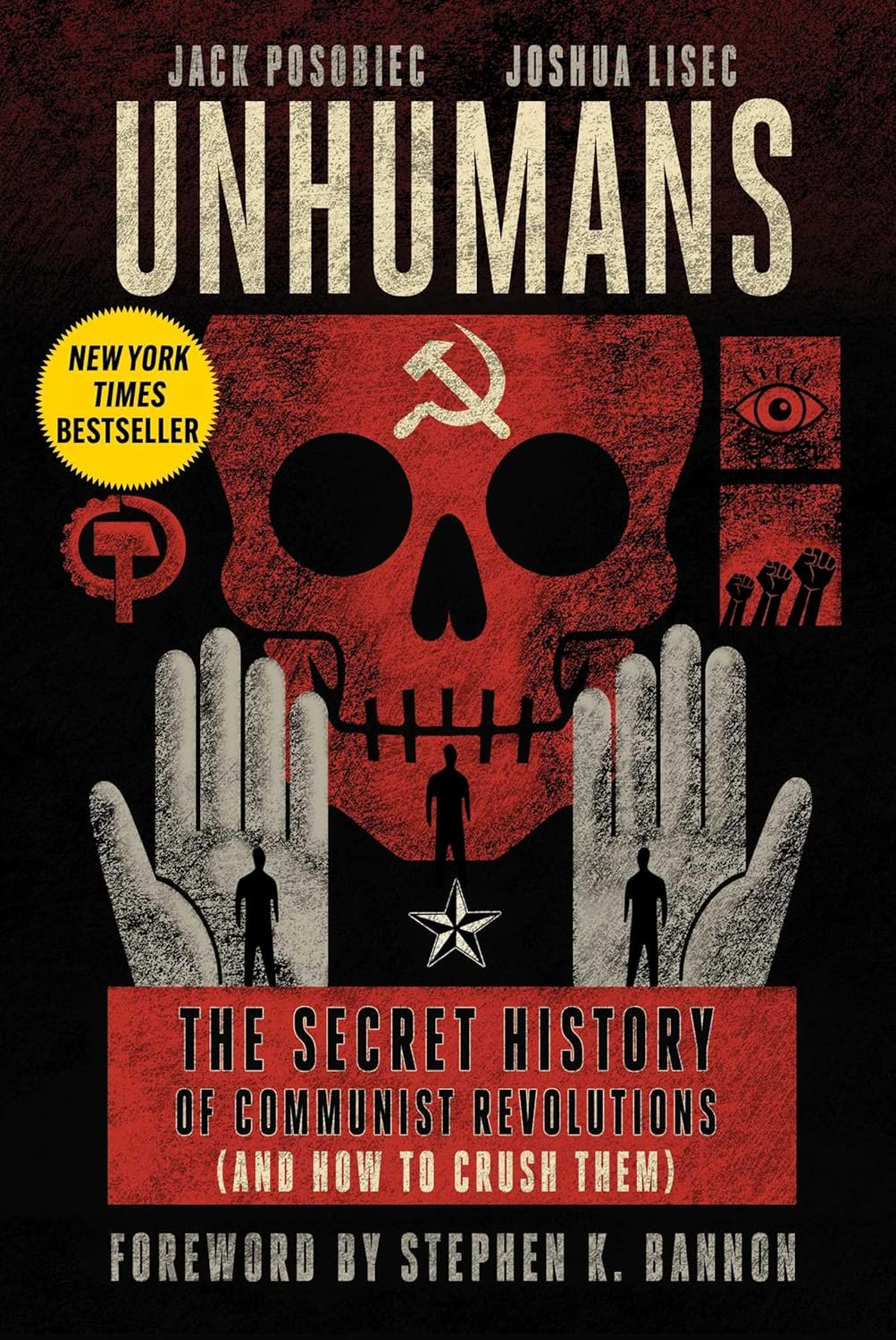The Hundred Flowers Campaign, also known as the Hundred Flowers Movement, was a brief period in 1956 when the Chinese Communist Party (CCP) encouraged citizens to openly express their opinions about the communist regime. Initiated by Mao Zedong, the campaign was ostensibly designed to promote a diversity of views and constructive criticism under the slogan “Let a hundred flowers bloom, let a hundred schools of thought contend.” However, the movement ultimately led to a harsh crackdown on dissent and the persecution of those who spoke out against the Party.
Historical Context
In the years following the establishment of the People’s Republic of China in 1949, the CCP faced numerous challenges in consolidating its power and implementing socialist policies. Mao Zedong, the Chairman of the CCP, believed that encouraging intellectuals and ordinary citizens to voice their concerns would help the Party identify and rectify its shortcomings. In a speech on May 2, 1956, Mao stated, “The policy of letting a hundred flowers bloom and a hundred schools of thought contend is designed to promote the flourishing of the arts and the progress of science.” [1]
The Campaign’s Implementation
The Hundred Flowers Campaign officially began in May 1956 and lasted until July 1957. During this period, the CCP relaxed its control over freedom of expression and encouraged people to openly criticize the government’s policies and practices. Intellectuals, students, and ordinary citizens took advantage of this opportunity to voice their grievances, including concerns about bureaucracy, corruption, and the lack of democratic freedoms.
One notable example of criticism came from Zhang Bojun, a prominent scholar and member of the China Democratic League. In a speech on May 21, 1957, Zhang called for greater democracy and the rule of law, stating, “Without democracy, there can be no socialism.” [2] Other intellectuals, such as Luo Longji and Chu Anping, also advocated for political reforms and criticized the Party’s monopoly on power.
The Crackdown and its Consequences
As criticism mounted, Mao Zedong and other CCP leaders became increasingly alarmed. In July 1957, the Party abruptly ended the Hundred Flowers Campaign and launched the Anti-Rightist Campaign, a purge of intellectuals and critics who had spoken out during the movement. An estimated 550,000 people were labeled “rightists” and subjected to persecution, imprisonment, and even execution. [3]
The crackdown had a chilling effect on Chinese society, as people became afraid to express dissenting opinions. Many intellectuals were forced to undergo “thought reform” and publicly recant their views. The Anti-Rightist Campaign also paved the way for the more radical policies of the Great Leap Forward (1958-1962) and the Cultural Revolution (1966-1976), which further tightened the CCP’s grip on power and led to widespread suffering and loss of life.
Personal Accounts
The experiences of those who participated in the Hundred Flowers Campaign and suffered during the Anti-Rightist Campaign provide a powerful testament to the human cost of the CCP’s repressive policies. One such account comes from the writer Ding Ling, who was labeled a “rightist” and sent to a labor camp for her criticism of the Party’s treatment of women. In a letter to her family, Ding wrote, “I have been struggling in the darkness for so long, but I still believe in the light. I believe that one day, the truth will be known.” [4]
Conclusion
The Hundred Flowers Campaign and its aftermath demonstrate the Chinese Communist Party’s intolerance of dissent and its willingness to use repressive measures to maintain its power. The brief period of open criticism was followed by a harsh crackdown that silenced voices of opposition and cemented the Party’s control over Chinese society. The legacy of the Hundred Flowers Campaign serves as a reminder of the dangers of totalitarianism and the importance of protecting freedom of expression.
References
- Mao Zedong, “On the Correct Handling of Contradictions Among the People,” February 27, 1957, in Selected Works of Mao Tse-tung, Vol. V (Beijing: Foreign Languages Press, 1977), 384-421.
- Zhang Bojun, “The Party and the State Should Be Separated,” May 21, 1957, in The Secret Speeches of Chairman Mao: From the Hundred Flowers to the Great Leap Forward, ed. Roderick MacFarquhar, Timothy Cheek, and Eugene Wu (Cambridge, MA: Harvard University Press, 1989), 191-192.
- Roderick MacFarquhar, The Origins of the Cultural Revolution, Vol. 1: Contradictions Among the People, 1956-1957 (New York: Columbia University Press, 1974), 291.
- Ding Ling, “Letter to My Family,” August 1958, in The Age of Openness: China Before Mao, ed. Frank Dikötter (Berkeley, CA: University of California Press, 2008), 152.








